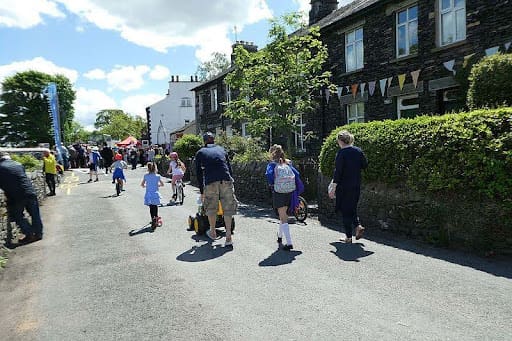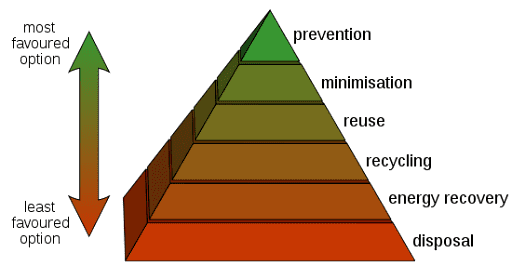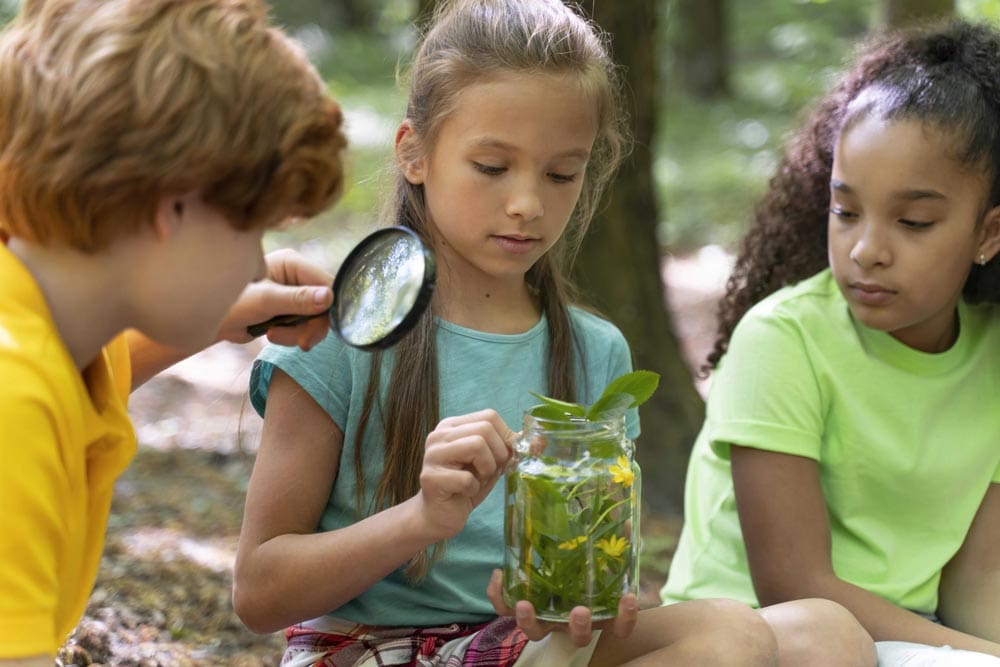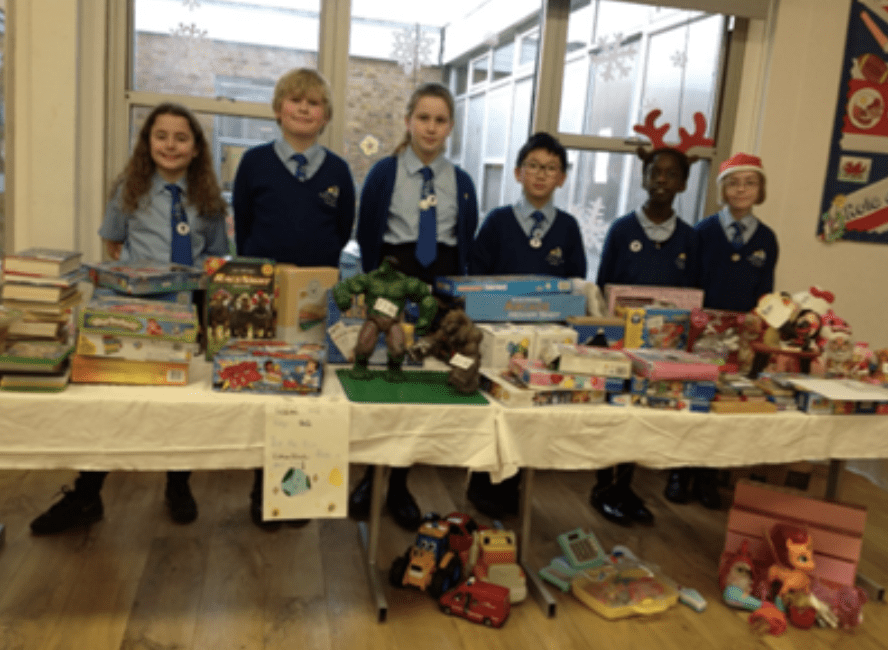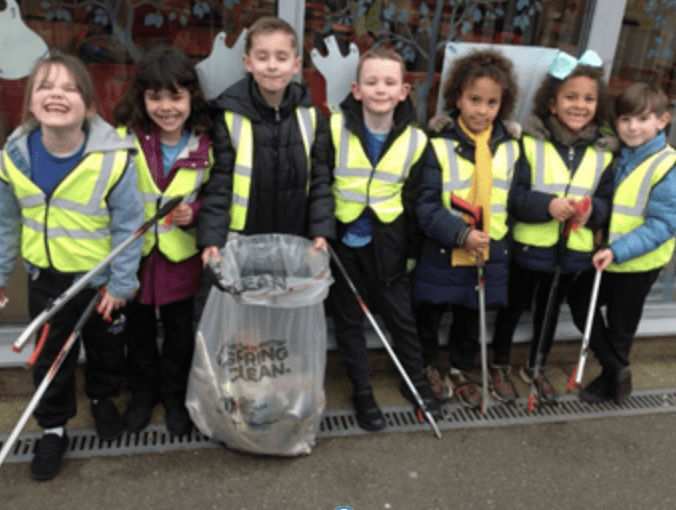Air pollution effects everyone and tackling this problem involves schools working with local communities. A big issue is car idling, particularly outside schools. Car idling produces up to 150 balloons of exhaust emissions per minute containing harmful chemicals like cyanide, Nox and PM2.5.
Water
Thinking about how we can use water efficiently and sustainably in school and at home is important as clean water is not unlimited. Did you know that on average, each person in the UK uses 150 litres of water a day! Essex and Suffolk Water has some great tips on how to save water and often run educational sessions for schools.
Becoming ‘water inspectors’ is a great way to get children to investigate any leaks from taps in school or at home that can be fixed. Children can also see where water saving devices such as water hippos, tap inserts, shower timers, flush controls can be used.
Encourage children to use reusable water bottles. You might wish to survey each class or hold a competition for which class has the most reusable water bottles.
Keep Britain Tidy
Keep Britain Tidy are a great resource for help with litter education and it’s always great to take part in ‘the Great Big School Spring Clean’ each year around March/April time. They provide free resources to schools who sign up as litter bingo and certificates for taking part. Keep Britain Tidy also have Litter Hero Ambassadors and Litter Heroes across the country who can come in and talk to your students about litter and how they volunteer to pick it up. Their knowledge and experience is second to none!
Curriculum links
Maths
Investigate how much water is wasted at school. Place a bucket on top of a drain and record how much is collected each day. Children could then make a graph to present the results or use the data to calculate how much this would be in a month or year, or even for all the drains across school in one day! They could compare to what the water equivalent could be e.g. how many baths.
English
Write a non-chronological report about the importance of water with a section on how water could be conserved. Your students could even write a diary of ‘a day in the life of a raindrop’ making links to the Water Cycle.
Science
Investigate what chemicals and minerals are in different water sources such as from the tap, rainwater or a water butt. You can get free testing kits from local garden centres. Learning about the water cycle is important as it helps children understand where water comes from. Invest in a water-butt for any gardening or allotment projects.
Art
Use watercolours to create a water cycle painting or experiment with different inks.
Geography
explore a local beach, looking at litter and making links to what is ‘flushed’ down the toilet like cotton buds and tissues. Think about the impact these have on the sewage system but also where it all ends up. Water Aid has some brilliant lesson plans showing what happens in other countries where clean, safe water is lacking. They also offer workshops for schools. You may wish to map out different types of water sources on a global map, highlighting how most water is not drinkable.
RSHE
Think of ways you can save water, why it’s important and perhaps set targets or make posters educating others about this. The Water Project also has some great lesson plans discussing the importance of water as a resource.
Design and Technology
Design a water-saving device you could use to capture rainwater or waste water in school that can be re-used.
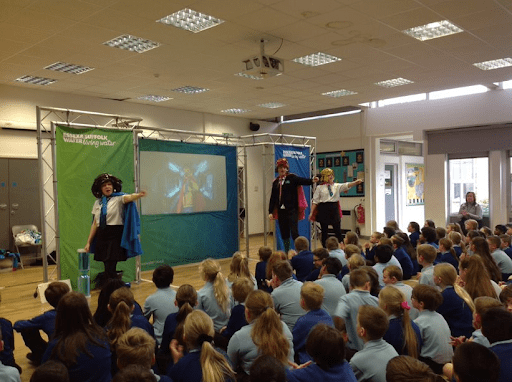
Explore all Schools Resources
Thinking about how we can use water efficiently and sustainably in school and at home is important as clean water is not unlimited. Did you know that on average, each person in the UK uses 150 litres of water a day! Essex and Suffolk Water has some great tips on how to save water and often run educational sessions for schools.
This is a topic which school children can get really involved in as they can see it in their daily lives and can be proactively involved in recycling.
School Grounds Utilising and improving your school’s outdoor space for students, staff, plants, animals, and invertebrates is important for any school wishing …
A global citizen is someone who is aware of and understands the wider world – and their place in it. They are a citizen of the world. They take an active role in their community and work with others to make our planet more peaceful, sustainable and fairer.

